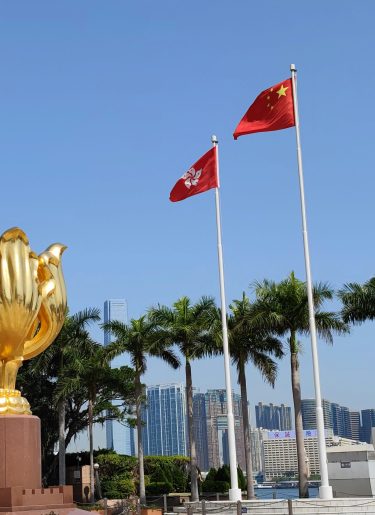
This article delves into anticipated legislative changes and emerging key trends enabling employers and HR professionals to stay ahead of the curve and equip themselves with the knowledge to navigate the evolving employment environment in Hong Kong.
Under the Employment Ordinance, employees can only enjoy certain statutory benefits (e.g. statutory holiday pay, statutory annual leave) if they are employed under a ‘continuous contract’, which is currently defined to mean being continuously employed by the same employer for four or more consecutive weeks and having worked for at least 18 hours per week. This rule, commonly referred to as the ‘418 rule’, has been a cornerstone of Hong Kong employment law for many years.
To extend statutory benefits to a wider pool of employees (such as part-time employees and potentially gig workers), the Hong Kong government has proposed to relax the ‘418 rule’ so that ‘continuous employment’ will be triggered once an employee has worked at least 68 hours over a four-week period (known as the ‘468 rule’). A bill to amend the Employment Ordinance will likely be tabled before the Legislative Council in the first half of 2025.
The new ‘468 rule’ is more adaptive to the flexible work structures which have become increasingly popular following the COVID-19 pandemic. Employers, especially gig economy companies, should review their existing HR policies to ensure compliance with the amended laws.
The government has announced that the abolition of the Mandatory Provident Fund offsetting arrangement will take effect on 1 May 2025. This means that starting from 1 May 2025, employers in Hong Kong will no longer enjoy the statutory right to use the accrued benefits derived from their mandatory contributions to their employees’ MPF (pension) scheme to offset statutory severance payments or long service payments payable to them.
To relieve the financial pressure of employers in making these payments following the abolition of the MPF offsetting arrangement, the government has set up a subsidy scheme to share employers’ costs.
Currently, under the Employment Ordinance, wages must be paid in ‘legal tender’, and can only be paid by other means (e.g. by cheque, money order, or bank transfer) with the consent of the employees. As cryptocurrencies are not legal tender, paying employees’ wages in cryptocurrencies may be in violation of the law.
Given Hong Kong’s position as an international fintech hub, an increasing number of employers, especially those in the blockchain industry, are offering bonuses in cryptocurrencies to attract tech-savvy talent. This would be legally permissible provided that the payments concerned do not fall under the statutory definition of ‘wages’. The statutory definition of wages is broad, but annual bonuses (whether contractual or discretionary) are expressly excluded from the definition.
The integration of cryptocurrency in compensation raises legal challenges, and regulatory uncertainties can create apprehension among employers. Against this background, in December 2024, the government published its first draft Stablecoins Bill to provide a framework for the licensing and supervision of fiat-referenced stablecoin activities. Although the Stablecoins Bill recognizes that stablecoins can (amongst other things) be used as a medium of exchange for payment for services, they are still not considered ‘legal tender’ in Hong Kong. Like other cryptocurrencies, stablecoins are considered a subset of virtual assets. This means that paying employees’ wages in stablecoins would give rise to the same legal risks as paying employees in other types of cryptocurrencies, but it may be permissible to pay stablecoins as a means of awarding annual bonuses.
When considering paying employees’ remuneration in cryptocurrencies, employers are recommended to navigate the evolving regulations carefully and seek legal advice to avoid potential legal pitfalls.
AI is reshaping the workplaces around the world, and Hong Kong is no exception. Whilst AI can allow businesses to streamline operations and reduce costs, it also poses data privacy challenges.
In response, the Office of Privacy Commissioner for Personal Data published the ‘Artificial Intelligence: Model Personal Data Protection Framework’ in June 2024. The Framework sets out the Privacy Commissioner’s expectations for organisations adopting AI systems in Hong Kong.
Amongst other recommendations, the Commissioner recommends organisations to take the following employment-related actions:
It is expected that the Privacy Commissioner will take an increasingly robust approach to scrutinize the use of AI by organizations in Hong Kong. Employers should take prompt actions to follow the Commissioner’s recommendations under the Framework.
Hong Kong’s employment landscape is likely to evolve significantly in 2025 in response to societal changes and technological advancements. Employers should be aware of these developments and adapt to these changes, ensuring that they are prepared for the future of work.
Discover our Global HR Law Guide



